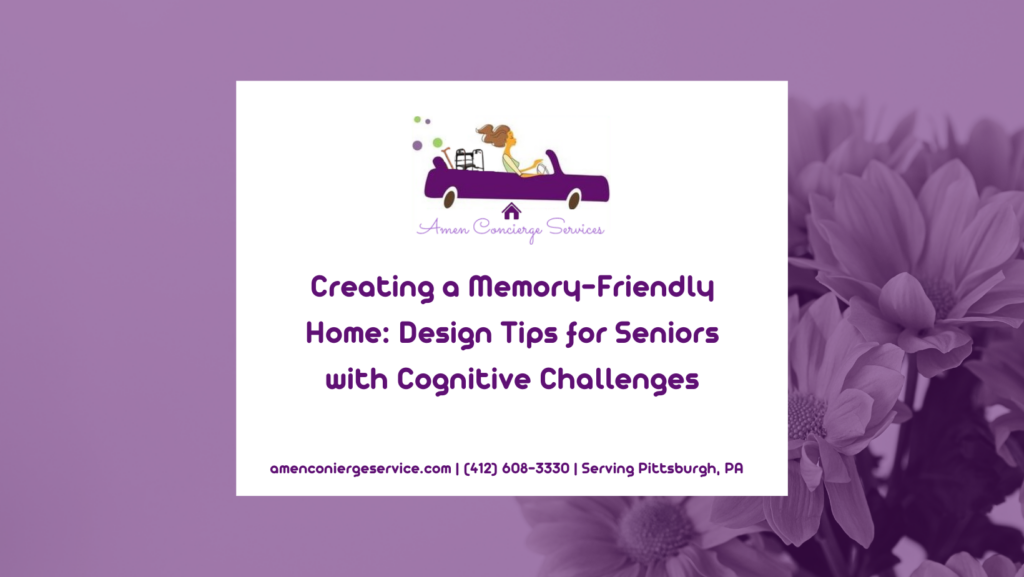The home is not just a physical space; it’s an emotional and psychological sanctuary. For seniors dealing with cognitive challenges, adapting the home environment can significantly improve their quality of life. The city of Pittsburgh is home to many seniors, and designing a memory-friendly space has never been more pertinent.
Clutter-Free Environments
A decluttered space minimizes confusion. Clear walkways, simple decor, and organized rooms can be instrumental in reducing anxiety and enhancing spatial orientation.
Optimal Lighting
Good lighting isn’t just aesthetically pleasing—it’s functional. Natural light during the day and sufficient artificial lighting during evenings can reduce shadows that might cause confusion or fear. Moreover, well-lit spaces can prevent trips and falls.
Familiarity and Consistency
Familiar objects and photographs can help seniors anchor themselves in reality. Regularly changing home decor might look trendy, but for a senior with cognitive challenges, it can be disorienting. Keep the home layout consistent and filled with familiar items.
Clear Signage
Labeling rooms with large, easy-to-read signs or even pictures can help seniors navigate their homes. For instance, a picture of a toilet on the bathroom door or an image of a bed for the bedroom can be beneficial.
Safe Bathrooms
Safety bars, non-slip mats, and a walk-in shower can prevent accidents in one of the most hazardous rooms of the house. Consider also installing an elevated toilet seat for added safety.
Color-Coded Spaces
Different colors can delineate spaces effectively. For example, using a specific color for all kitchen items and a contrasting one for the living room can help seniors identify and segregate spaces in their minds.
Technology Aids
Digital tools, like smart speakers or home monitoring systems, can assist in routine tasks. Voice commands to set reminders, make calls, or even turn off appliances can be a boon for seniors.
Tactile Experiences
Textured rugs or cushions can serve dual purposes. They can act as visual cues for different rooms and provide tactile feedback, which can be calming for those with cognitive challenges.
Conclusion
Creating a memory-friendly home for seniors in Pittsburgh is not just about adapting the physical space but also about ensuring their emotional and psychological well-being. With a bit of planning, you can craft a haven that caters to their unique needs.
For a comprehensive understanding of senior care in the city, visit Amen Concierge Service.





